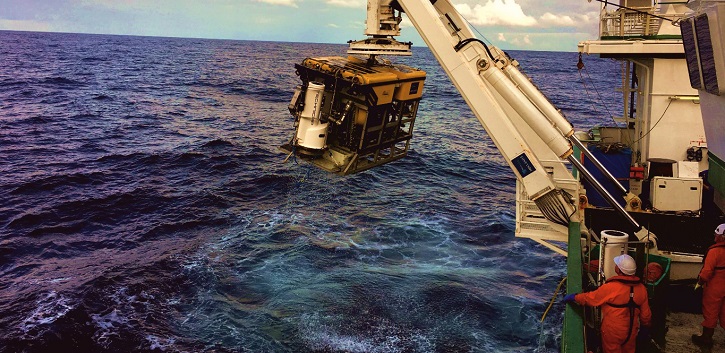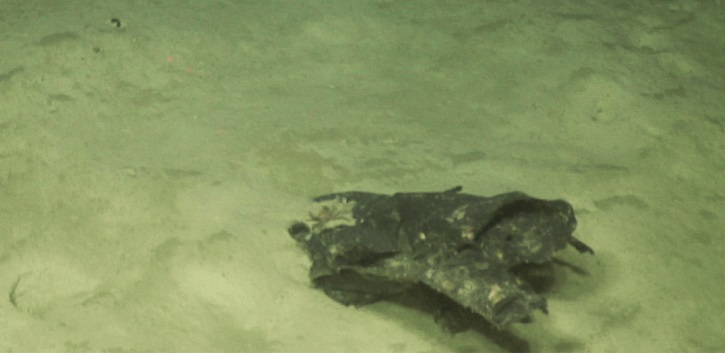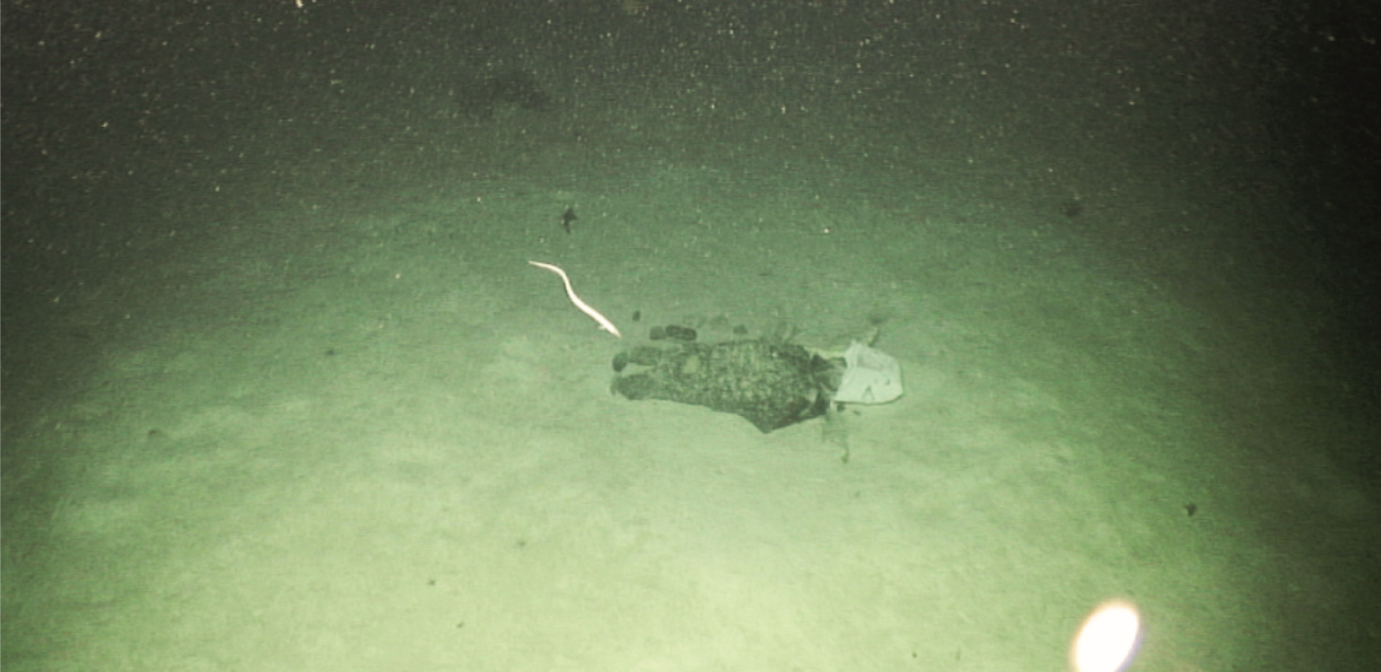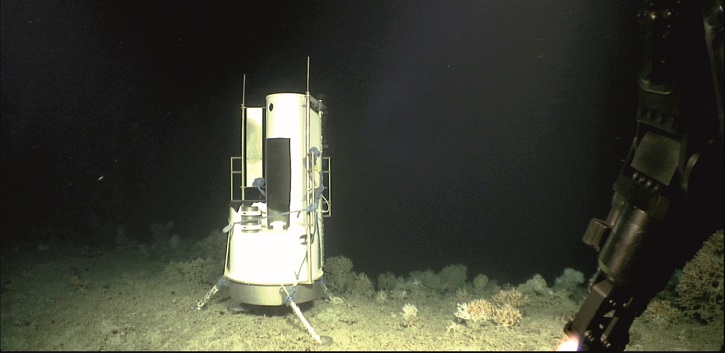In This Section
- Home
- About the College
- Governance
- College Committees & Steering Groups
- College Assembly
- College Council
- College Executive Management Committee
- College Academic Programmes and Curriculum Development Committee
- College Graduate Studies Committee
- College Research & Innovation Committee
- College Teaching Learning and Student Experience Committee
- College Student Recruitment and Outreach Committee
- College Sabbatical Research Leave Committee
- College of SEFS Adjunct Appointments Committee
- International Education Committee
- College Postgraduate Student Committee
- Athena SWAN Steering Group
- College Committees & Steering Groups
- Human Resources
- UCC STEM Awards
- Scholarships and Prizes
- Women in STEM Panel Talks
- Inaugural Professorial Lectures
- Athena SWAN in SEFS
- Proposal Calls
- Contact Us
- Science in Society Public Lecture Series
- Governance
- News
- Staff
- Schools and Departments
- Current Students
- Undergraduate Courses
- Postgraduate Courses
- International Students
- Research and Innovation
- Employability and Careers
- Outreach and Public Engagement
- Science Week
- Transition Year Programmes
Study finds plastics at bottom of deep submarine canyon

It is no secret that the world’s oceans are swimming with plastic debris —but the reach of human plastic waste is as deep as 2125m, even 320km offshore, a UCC-led expedition has revealed.
University College Cork scientists have discovered plastic at the bottom of a deep submarine canyon at 2125m water depth while investigating cold-water coral habitats.
UCC researchers made discovery during study of Porcupine Bank Canyon in Atlantic Ocean https://t.co/TSq769Mw9v
— The Irish Times (@IrishTimes) July 30, 2019
UCC’s Marine Geology Research group has been investigating cold-water coral habitats in the Porcupine Bank Canyon, some 320 km due west of Dingle, on a research expedition led by UCC’s Dr Aaron Lim on board the Marine Institute’s RV Celtic Explorer.
The group has recovered eight novel monitoring stations called ‘landers’ worth €450,000, deployed between 2500m water depth and 700m water depth by the Marine Institute’s Remotely Operated Vehicle (ROV) Holland 1 earlier this summer.
The monitoring stations record the speed, temperatures and direction of the currents around these habitats as well as trapping samples of the food, sediments and microplastics being deposited around the corals to understand conditions down there and how the corals are coping with changing oceans.
The researchers found plastic at the bottom of the canyon — deep enough that you could stack ten Eiffel Towers inside — at 2125m water depth. The reach of human plastic waste is down this deep, even 320km offshore.
Plastic waste discovered in deep underwater canyon off Irish coast https://t.co/rvz5qiQ7g0 via @siliconrepublic#UCCNews
— UCC Ireland (@UCC) July 29, 2019

“It’s always sad to see plastic rubbish in these otherwise pristine habitats. It quite incredible that our plastic waste can get this far out and so deep in the oceans,” said UCC Professor Andy Wheeler, who has pioneered research on cold-water coral mound offshore Ireland over the past 20 years.
“I don’t think people think about this when that dump their rubbish. We’re also trying to see if microplastics are being fed to the corals from above. We’ve just got the samples, let’s hope we’re wrong.”
Researchers from UCC find plastic on seafloor where even light has never penetrated https://t.co/tXtkUldmHw pic.twitter.com/wYA0yo4zNt
— Irish Examiner (@irishexaminer) July 29, 2019

The Porcupine Bank Canyon, which is deep enough that you could stack ten Eiffel Towers inside, is teeming with a whole range of cold-water coral habitats, just on Ireland’s doorstep, according to Dr Lim.
“The environment is much more dynamic than we thought, with two of the monitoring stations knocked over by the currents; food supply for the coral is variable but the corals are doing OK. Some of these habitats have existed for millions of years and have grown so large they resemble hills made of coral, called coral mounds.
This is the first time 8 of these monitoring stations have been deployed and collected using the ROV Holland 1. It will provide scientists with an insight into the processes affecting these habitats, the food they are eating and the amount of microplastics impacting on them.
UCC study finds plastic in deep submarine canyon @AndyWhe22227280 @dr_aaron_lim https://t.co/QTzYhzclvR
— School of BEES, UCC (@uccBEES) July 29, 2019
Irish researchers find plastic in 2km-deep underwater canyon, 320 km from land (via @thejournal_ie) https://t.co/Qv4IHz5WdV
— Annette J Dunlea (@adunlea) July 29, 2019

Ireland hosts cold-water coral reefs in the cold, dark ocean at water depths of 600m to 1000m along our continental margin. “Not only is this expedition vital for understanding these habitats and our impact upon them, but it also acts as a baseline to start monitoring how our deep-water habitats here are changing,” added Dr Lim.
The team has a research agenda which will see them return to the canyon and other habitats alike for a number of years to monitor the changes in the environment around these habitats. The monitoring stations will be brought back to UCC for detailed analyses.
“It’s great that Ireland now has the technological capacity to undertake surveys in the deep seas and answer questions not just for Ireland but also vital to understand our planet’s health,” commented Paddy O’Driscoll, ROV Holland I superintendent.
This research survey is carried out with the support of the Marine Institute, funded under the Marine Research Programme 2014-2020 by the Irish Government. The research is being funded by Science Foundation Ireland, Geological Survey Ireland and University College Cork.
For more on this story contact:
Lynne Nolan, Media & PR Officer, University College Cork: +353 87 210 1119 or lynne.nolan@ucc.ie.
College of Science, Engineering and Food Science
Coláiste na hEolaíochta, na hInnealtóireachta agus na hEolaíochta Bia
Contact us
Block E, Level 3, Food Science Building, UCC, Cork, T12 YN60.
